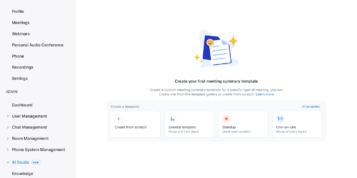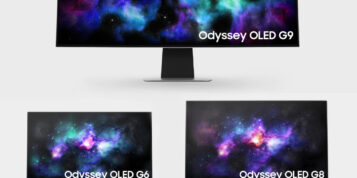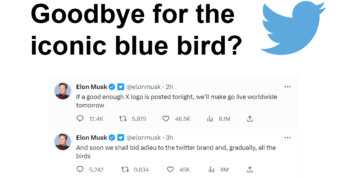The popular smart speaker market shows no signs of slowing down, with projections from marketing analyst firm Canalys showing impressive figures and continued growth well into the next decade.
According to their report, the number of smart speakers that are in use will rise from less than 50 million at the end of last year to nearly 100 million before this year comes to a close. The numbers are expected to double once again by 2020, reaching 225 million, and increase 6 times from their current levels by 2022.
Apple, Google, and Amazon are all expected to compete for dominance by attracting top developers and offering cutting-edge functionality. Amazon is expected to see its share of the market drop, with Echo devices dropping from their current 50 per cent of the installed base this year to 34 per cent by 2022. During the same time period, they see the market for Google Home climbing from 30 to 34 percent, placing them approximately even with Amazon in terms of market share.
Apple, meanwhile, will see its share climb from its current 4 per cent to 10 per cent by 2022. Sonos, which recently filed for an IPO, could also see a growing presence in the years to come.
Chinese market to grow dramatically
The Chinese market is the next frontier in the smart speaker battle. At the close of 2017, the U.S. accounted for 73 per cent of smart speaker units, while China only made up 3 percent. However, Canalys is predicting the U.S. share will drop to 64 per cent by year’s end, with China rising sharply to 10 per cent. The big names will have to face some local players like Xiaomi and Alibaba, who are already making big investments in their own smart speaker endeavours.
Marketing Land reports that the UK, Germany and Japan will round out the top five markets for smart speakers. Meanwhile, a different survey found that smart speakers are taking over some of the time and usage that people once devoted to other types of devices and media, especially radios, smartphones, and TVs.
People still don’t do very much with smart speakers, with simple transactions, music, traffic, news and weather being the most popular functions. However, as their capabilities and intelligence grow, they’ll be able to take on more functions that people currently use their smartphones and computers for, and two of their biggest areas of potential are communications and transactions.
Smart speakers are also starting to see adoption beyond people’s homes, such as Amazon’s Alexa for Hospitality, which brings Echo devices to guests staying in hotels.





